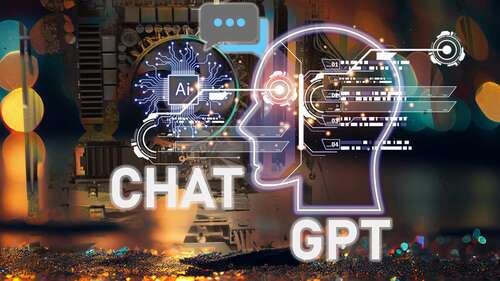
Because the information shared with ChatGPT can be very intimate or personal or involve important secure business data, privacy, and security are extremely important when working with AI. Last year, OpenAI got into hot water when a bug allowed ChatGPT users to see other people’s conversation histories. Since then, the company has doubled down on its commitment to protect users’ privacy.
With the ability to permanently remember inputs during chats, ChatGPT’s new memory feature potentially makes it harder than ever to keep your conversations with the AI confidential. To address this added wrinkle to users’ privacy concerns, OpenAI says that it’s “taking steps to assess and mitigate biases, and steer ChatGPT away from proactively remembering sensitive information, like your health details.” The company is also evaluating what types of information should and can be remembered and how this data is used.
If you’re particularly concerned about your privacy, you may want to turn off memory entirely. Conversely, you may want ChatGPT to remember certain personal information, like your medical history, in order to provide better responses when asking health-related questions about yourself. In that case, you can explicitly ask ChatGPT to remember the confidential details you’re giving using its new memory function.

